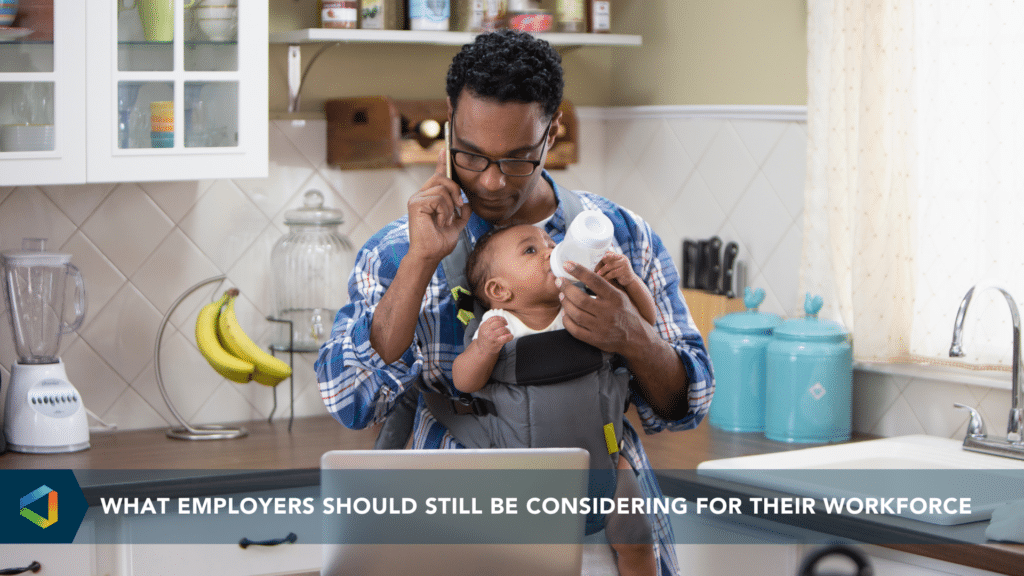Compliance Confidence
COVID-19 Personal Protective Equipment (PPE) Qualifies as Medical Expense
COVID-19 Personal Protective Equipment (PPE) Qualifies as Medical Expense
Late last week, the Internal Revenue Service (IRS) issued Announcement 2021-7 providing that the purchase of personal protective equipment, such as masks, hand sanitizers and sanitizing wipes, for the primary purpose of preventing the spread of coronavirus (COVID-19 PPE) are treated as amounts paid for medical care under § 213(d) of the Internal Revenue Code.
Individuals, individual’s spouse, or individual’s dependents who incurred expenses for the purchase of COVID-19 PPE that are not compensated for by insurance or otherwise, can deduct these amounts as medical expenses under § 213(a) on their personal income taxes.
The Announcement also confirms that these expenses are eligible to be paid or reimbursed under health flexible spending arrangements (health FSAs), Archer medical savings accounts (Archer MSAs), health reimbursement arrangements (HRAs), or health savings accounts (HSAs).
Do note, individuals cannot receive reimbursement from an employer group health plan and claim the same expense on their personal taxes as a deduction. Amounts paid or reimbursed under a health FSA, Archer MSA, HRA, and HSAs (or any other plan) are not deductible under § 213.
Employers wishing to adopt this change may need to amend their plan documents if the plan currently limits eligible § 213(d) medical expenses. The Announcement provides that group health plans, including health FSAs and HRAs, under the terms of which expenses for COVID-19 PPE may not be reimbursed, may be amended to provide for reimbursement of expenses for COVID-19 PPE incurred for any period beginning on or after January 1, 2020, and such an amendment will not be treated as causing a failure of any reimbursement to be excludable from income under § 105(b) or as causing a § 125 cafeteria plan to fail to meet the requirements of § 125. The amendment would need to be adopted not later than the last day of the first calendar year beginning after the end of the plan year in which the amendment is effective. For example, by December 31, 2021 for a retroactive change effective January 1, 2020. The Announcement also provides no retroactive amendment may be adopted later than December 31, 2022. Additionally, the plan must be operated consistent with the terms of the amendment, including during the time between the amendment’s effective date and the adoption date.
If the group health plan allows full scope reimbursement of § 213(d) medical expenses, a plan amendment may not be needed.
Employers should review the definition of reimbursable expenses to ensure it is broad enough to encompass COVID-19 PPE and consider communicating to plan participations regarding reimbursement of COVID-19 PPE expenses.




